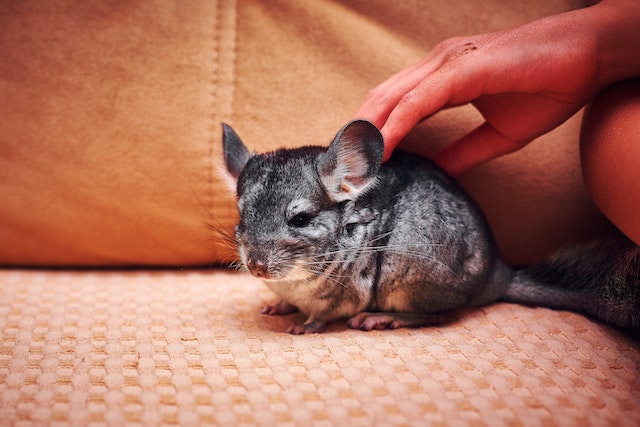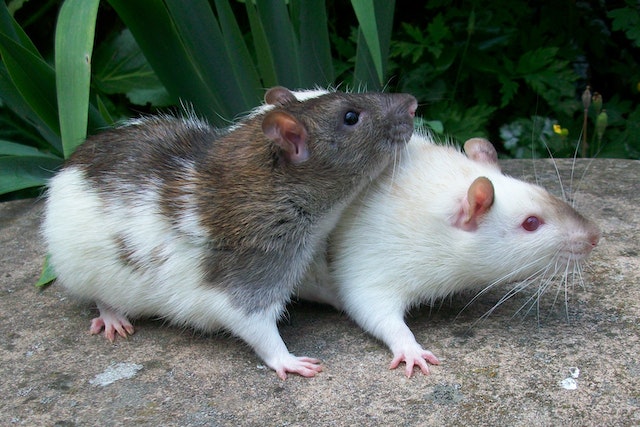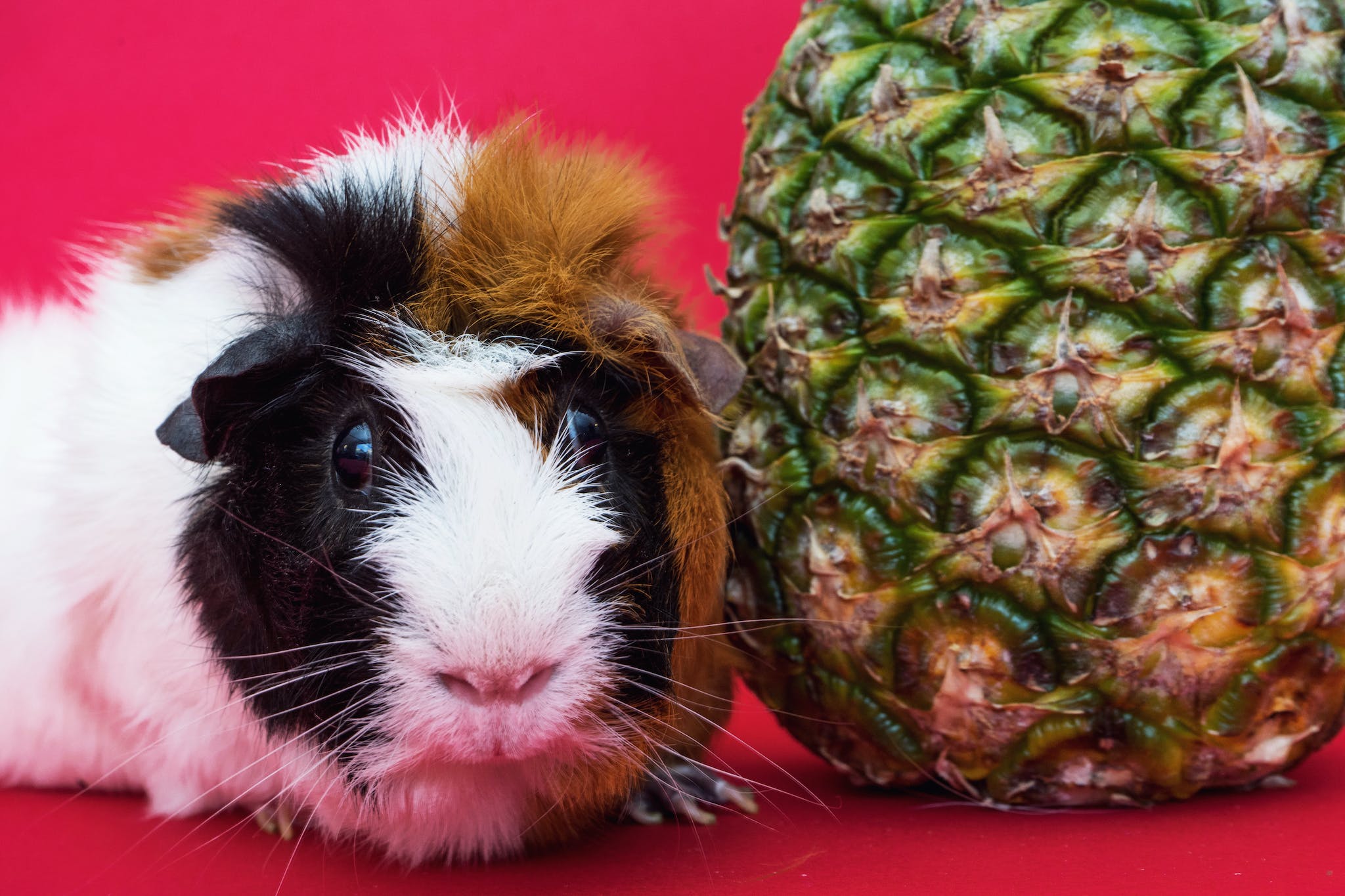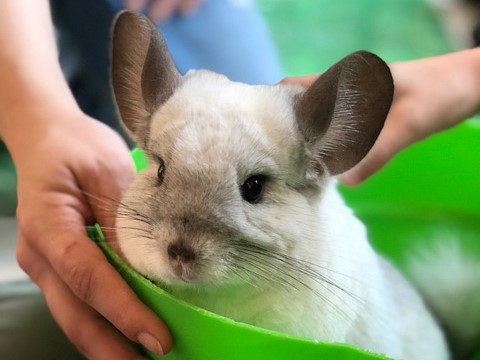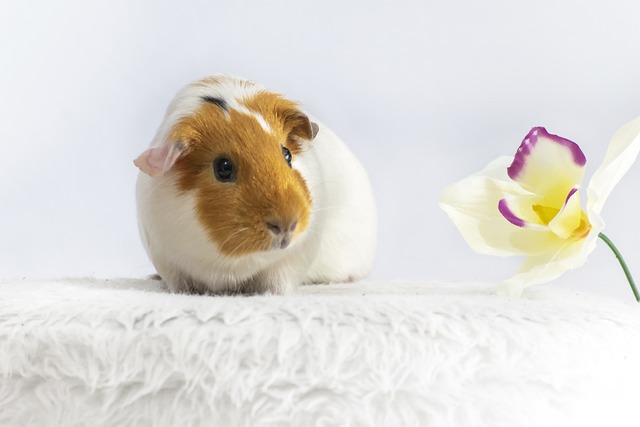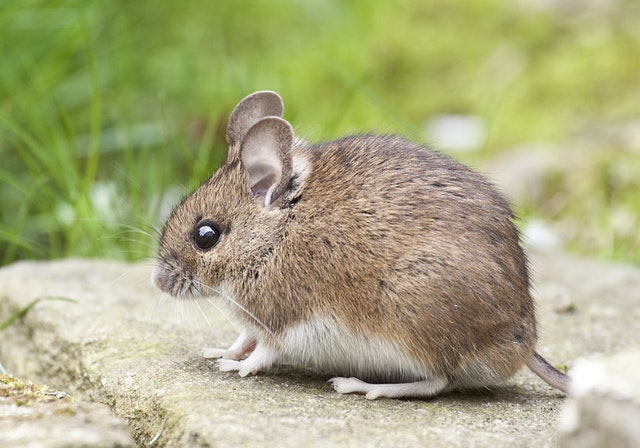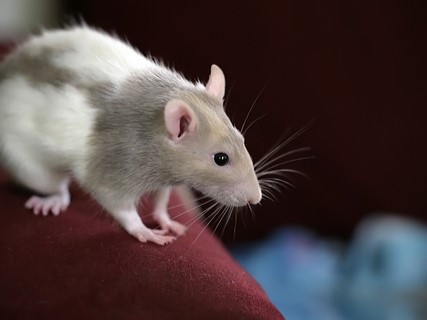6 Reasons To Love Chinchillas As Pets!
There are some affiliate links below, but they are all products I highly recommend. For more info, view my disclosure here.
Chinchillas have been gaining popularity as pets in recent years. These small rodents are known for their soft and luxurious fur, as well as their playful and curious personalities. Though they may be less common as pets compared to other rodents like hamsters and guinea pigs, chinchillas are beloved by their owners for their unique characteristics and long lifespan.
In this article, we will explore six reasons why chinchillas make great pets. We will discuss their physical and behavioral characteristics, as well as tips for their care and interesting facts about their biology.
Whether you are considering getting a chinchilla or simply curious about these adorable creatures, this article will provide valuable information and insights into why chinchillas are a great addition to any household.
Chinchilla Characteristics
Chinchilla characteristics, such as their preference for cooler habitats, ability to be toilet-trained and perform simple tricks, and fur slip when intimidated, are important factors to consider when deciding to keep them as pets.
As native to the Andes Mountains of South America, chinchillas are adapted to living in cool, dry climates. They prefer temperatures between 60-70°F and humidity levels below 40%. Owners must ensure that their living space is well-ventilated and kept at a comfortable temperature to prevent heatstroke and other health problems.
Chinchillas are intelligent and trainable, making them ideal pets for those who enjoy teaching tricks. They can be toilet-trained, which means that they can be trained to use a specific spot in their cage for their litter box. They also enjoy playing and interacting with their owners, making them one of the more social rodents.
However, when threatened or frightened, chinchillas will slip their fur to escape from predators, which can make them difficult to handle. Owners must be patient and gentle when handling their chinchillas to avoid causing them stress or harm.
Tips for Chinchilla Care
Proper care for these unique animals includes gradually increasing playtime, avoiding overfeeding treats, and ensuring chinchilla-proofing before free roaming.
Chinchillas are active animals that need time outside their cages to exercise and socialize with their owners. However, playtime should be gradually increased to prevent exhaustion and build up their stamina.
Overfeeding treats can also be harmful to their health and should be given in moderation. A balanced diet of hay, pellets, and fresh water is essential for their well-being.
Chinchilla-proofing is also crucial before letting them roam freely. These animals are natural chewers and can easily damage furniture and electrical cords. Providing them with chew toys and a safe play area can prevent accidents and keep them entertained.
In addition, hand-feeding can help gain their trust and establish a bond with owners. However, catching or holding them by force can be intimidating and should be avoided.
Proper care and attention can ensure a long and healthy life for these lovable pets.
Additional Information
Providing a balanced diet of hay, pellets, and fresh water is essential for the overall health and well-being of these unique animals. Chinchillas are herbivores, and their diet should consist of high-quality hay, such as Timothy or orchard grass, supplemented with chinchilla pellets. Fresh water should always be available, and it should be changed daily to prevent bacterial growth. Treats, such as raisins, should be given sparingly, as overfeeding can lead to obesity and health problems.
In addition to proper nutrition, chinchillas also require a suitable living environment. They prefer cooler temperatures, with a range of 60-70 degrees Fahrenheit being ideal. A large wire cage with multiple levels and hiding spots should be provided, along with a solid surface for them to rest on.
It’s important to chinchilla-proof any areas where they may play outside of their cage, as they can be prone to chewing on electrical cords and other hazards. With proper care and attention, chinchillas can make excellent and rewarding pets for those willing to commit to their unique needs.
